This scheme offers you the opportunity to:
- hold appointments on a part-time basis or convert from full-time to part-time and back again to help match work and other commitments, such as parental or caring responsibilities etc.
- claim back time spent deferring the fellowship and/or working part-time at the end of the fellowship.
- claim limited funds for family support where these can be justified on scientific grounds, e.g. the cost of child care during a conference or collaborative visit abroad (those funds can be applied for during the Fellowship).
Am I eligible to apply?
The scheme covers all areas of the life and physical sciences, including engineering, but excluding clinical medicine.
You must be able to demonstrate a current need for flexible support due to personal circumstances at the time of application. This can include current parenting or caring responsibilities (such as raising children or looking after ageing or seriously ill family members), clinically diagnosed health issues or other personal circumstances that create a need for a flexible working pattern. Please contact the grants team if you would like clarification on whether you meet this eligibility requirement.
Applicants must take a leading role in the project.
You can apply for this scheme if you:
- are at an early stage of your research career (have completed your PhD but have no more than 6 years of research experience post PhD by the closing date of the round)
- do not hold a permanent post in a university or not-for-profit organisation in the European Economic Area (EEA) or in Switzerland
- are a citizen of the EEA or are a Swiss citizen (or have a relevant connection to the EEA or Switzerland)
The European Economic Area (EEA) consists of the European Union (including the UK) plus Iceland, Norway and Liechtenstein.
Before applying, please ensure that you meet all the eligibility requirements, which are explained in the scheme notes.
Flexibility
The Society’s fellowships are highly flexible and part-time working, sabbaticals and secondments can be accommodated. There is also provision for maternity, paternity, adoptive or extended sick leave.
When applying, the Society will consider time spent outside the research environment when assessing eligibility. Additionally, where applicants have taken formal periods of maternity, paternity, and adoptive leave as the primary carer (either the mother, father, partner or adopter), or extended sick leave, the Society will allow an additional six months for each period of leave when assessing eligibility.
More information can be found in the Society’s policy on maternity, paternity, adoptive or extended sick leave.
What is the scheme’s value and tenure?
The scheme provides funding for 5 years. It covers:
- The applicant’s salary costs up to a maximum of £39,389.64, estate costs and indirect costs for 5 years. Under the full economic costing model, 80% of these costs will be met by the Royal Society.
- Research expenses (up to £13,000 for the first year and up to £11,000 annually thereafter)
Successful Dorothy Hodgkin Fellows and University Research Fellows who are about to start their first year are eligible to apply for a research grant of up to £150,000. A significant proportion of first year Dorothy Hodgkin Fellows and University Research Fellows will receive this additional start up grant.
Before applying, please read the scheme notes for full value and tenure information.
What is the application process?
Applications should be submitted through the Royal Society’s electronic grant application system (e-GAP).
Applications will initially be reviewed and then shortlisted by members of Dorothy Hodgkin Fellowship Selection Panel. You will be notified if you have reached the short listing stage by March.
The shortlisted proposals will be reviewed by three independent referees suggested by the panel members and successful applicants will be shortlisted for an interview. You will be informed of the result of this stage in May and interviews will take place in June.
The final decision is made at a meeting of the Panel in June, and you will be notified of the result in July.
Please note that interviews for the fellowships will be held at the Royal Society. You are asked to keep the third week of June free. Only applicants that pass the other stages of assessment will be invited.
 Additional awards are available for outstanding early career researchers who are working within EPSRC’s remit.
Additional awards are available for outstanding early career researchers who are working within EPSRC’s remit.
Case studies
Dr John Apergis-Schoute
Dr Lynda Brown
Dr Patricia Sanchez Baracaldo

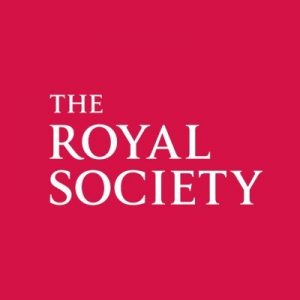
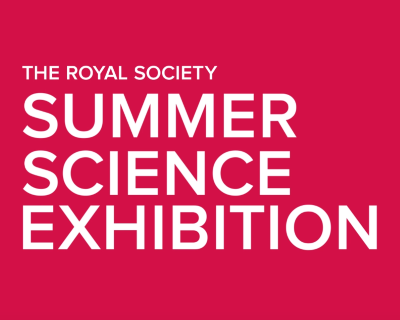
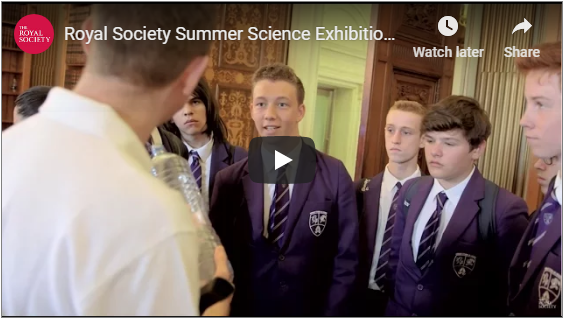

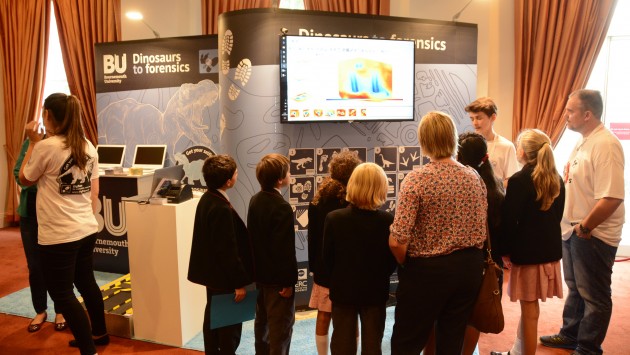
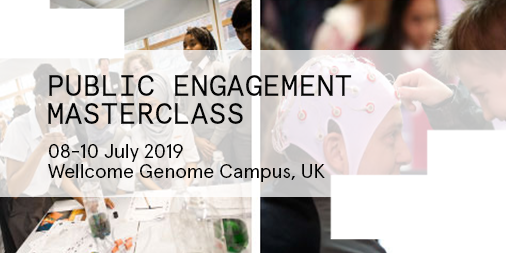 Applications are now invited for a
Applications are now invited for a 
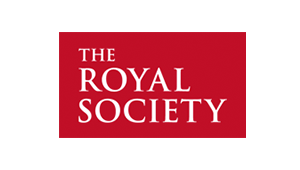

 In partnership with the
In partnership with the 
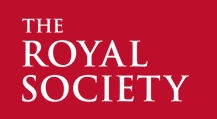
 The following funding opportunities have been announced. Please follow the links for more information.
The following funding opportunities have been announced. Please follow the links for more information.











 Beyond Academia: Exploring Career Options for Early Career Researchers – Online Workshop
Beyond Academia: Exploring Career Options for Early Career Researchers – Online Workshop UKCGE Recognised Research Supervision Programme: Deadline Approaching
UKCGE Recognised Research Supervision Programme: Deadline Approaching SPROUT: From Sustainable Research to Sustainable Research Lives
SPROUT: From Sustainable Research to Sustainable Research Lives BRIAN upgrade and new look
BRIAN upgrade and new look Seeing the fruits of your labour in Bangladesh
Seeing the fruits of your labour in Bangladesh ECR Funding Open Call: Research Culture & Community Grant – Apply now
ECR Funding Open Call: Research Culture & Community Grant – Apply now ECR Funding Open Call: Research Culture & Community Grant – Application Deadline Friday 12 December
ECR Funding Open Call: Research Culture & Community Grant – Application Deadline Friday 12 December MSCA Postdoctoral Fellowships 2025 Call
MSCA Postdoctoral Fellowships 2025 Call ERC Advanced Grant 2025 Webinar
ERC Advanced Grant 2025 Webinar Update on UKRO services
Update on UKRO services European research project exploring use of ‘virtual twins’ to better manage metabolic associated fatty liver disease
European research project exploring use of ‘virtual twins’ to better manage metabolic associated fatty liver disease